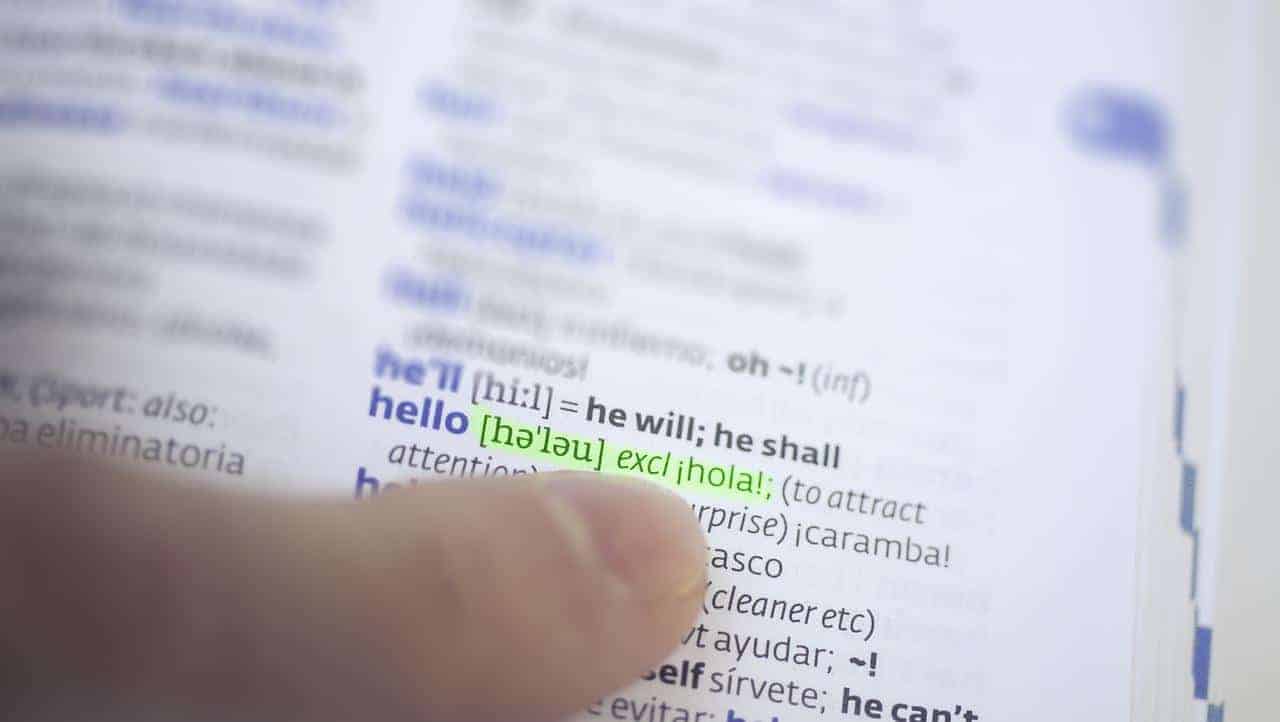In Costa Rica pegas or empachos are synonymous with indigestion. When this occurs the lymph nodes are affected, and the stomach becomes inflamed with food getting stuck there (pegar means to stick or get stuck).
This supposedly happens when the food doesn’t agree with a person causing a digestive problem. A person can feel badly, vomit, experience loss of appetite, a headache and in some cases even suffer from diarrhea.
Sobar means to manipulate or massage with the purpose of providing relief. In medical terms this is called manipulative therapy.
To relieve this ailment people, visit a kind of healer called a sobador(a) who is a type of popular chiropractor without formal medical studies, often taught and trained by a parent or another relative. Some of them can manipulate internal organs, pulled muscles and injured joints.
Their clientele are basically low-income working people with affections, many of whom do not trust traditional doctors. However, many of those with deep pockets also resort to this service for what ails them.
Those who believe in traditional medicine usually frown on this practice and consider it a form of quackery or curanderismo.
Ironically, as reported by one local sobadora, doctors who supposedly know everything about traditional treatment, make up about 20 percent of her clients looking to get relief from their pegas. Her clients range from babies to seniors (ancianos), up 100 years old.
Patients are usually massaged with manteca (a fat-based butter) or with some type of cream which clients usually provide.
A massage generally lasts a couple of minutes and costs under two dollars.
One sobadora says that she averages up to 60 clients per day, many of whom come from all over Costa Rica. Sometimes the lines to get a sobado are so long, that they resemble those found outside local medical clinics, called an Enbais.
Interestingly, this type of informal treatment is not only found in Costa Rica but all-over Latin America and even in Latino communities in the United States. Sobadores in the US are known to advertise and practice openly in traditionally Latino areas.
Immigrants coming from areas in Mexico and Central America, who lack access to the conventional health care systems, resort to medical treatment provided by healers without professional training or licenses. Most notable are curanderos (healers), hueseros (bone setters), and sobadores (manipulative therapists). At times they supplement the massages with natural medicines like herbs.
In some cases, an extreme treatment called ventosas (cupping) is used. Cupping treatments have been employed for thousands of years to ease back and neck pain, headaches and other maladies.
This type of therapy involves creating a suction force to pull blood into the skin. A small glass cup is placed over the candle. When the flame goes out, it sucks out the air by extracting it from the pores. However, cupping often causes bruising and can lead to skin infection.
About the Author
Christopher Howard has lived in Costa Rica for 42 years, is a Costa Rican citizen and conducts one-of-a-kind monthly relocation/retirement tours and seminars for people of all ages. See www.liveincostarica.com
He is also the author of 20 editions of the perennial bestseller, The New Golden Door to Retirement and Relocation — the official guide to relocation and the Guide to Costa Rica Spanish. Both books are available digitally or in print from www.amazon.com and www.costaricabooks.com






